“Do you drink too much?” It’s a question I’ve asked myself on more than one occasion. Especially at 3 am when I can’t sleep, my body surging with stress hormones, sweat and detox reactions – as thoughts of self loathing and regret swirl around my head.
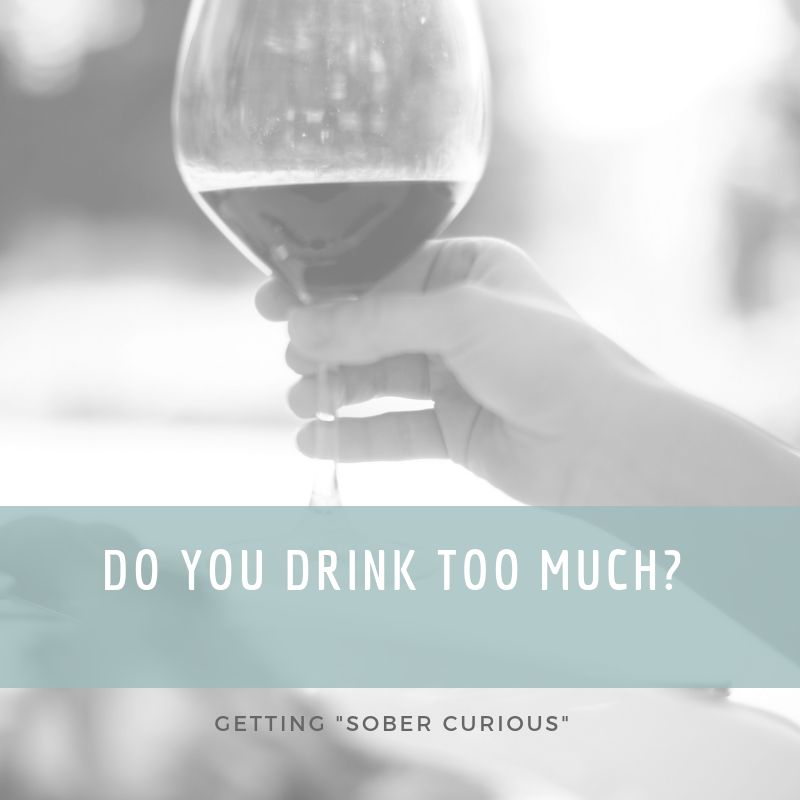
Two years ago, I openly shared my struggles with “overcoming over-drinking”. Since doing some work (hypnosis and mindfulness practices) 98% of my alcohol consumption is moderate (1-3 glasses of “keto friendly” dry wine per sitting – mostly on the weekends), but there is that 2% occasion that happens a few times a year where I’ve overdone it – usually in the summer – at the beach or camping or attending all day gatherings where drinking starts earlier.
These incidents effect my sleep, my weight, my face, my energy and my confidence :/. They trigger night sweats and hormonal fluctuations – and generally leave me feeling sluggish, unproductive and “bad” about myself the next day – maybe even 2 or 3 days afterward.
If you’ve been following me for a while, you know that I’m an open book. I’ve been practicing mindfulness and positive psychology, teaching it – and yes – I know all this stuff inside and out, but I’m soooo not perfect with it.
And even though my drinking is mostly in balance; I always know deep down when something’s off. When the way I act isn’t in alignment with who I really am or want to be, I want to explore and shift toward that optimal fully aligned place. That’s the balanced flow-state I desire in my life and in my body.
Life’s too short to be full of regret, to feel like crap and to not be 100% present. Even if it’s just 5 or 10 days out of 365 – that’s 5 or 10 days too many for me.
My last over-drinking episode happened when we were camping. We had started the ball rolling early with a late lunch. A nice glass of wine with my burger over salad…YUMMM – Perfection! But by the end of the night, I realized I drank a whole bottle of rosé and even topped it off with a few low carb spiked seltzers. As expected, I woke up at 3am with night sweats, tossing and turning for hours with thoughts of self hate.
I’m not sure what was different this time. Maybe it’s being 50, completely fed up and disgusted, but that misery set something off in my brain and I decided I was done with ever feeling that way again – forever.
As things usually happen when we decide and we’re open and curious, I happen to be looking for a new book to read (even though I have literally 10 on my nightstand :)) and the book: “This Naked Mind: Control Alcohol” – by Annie Grace popped into my Amazon feed.
I was sold. This was exactly what I wanted to do – CONTROL ALCOHOL
I’m not ready to give up my wine (yet) and call myself completely sober- (that word somehow makes me nervous right now – maybe sober-ish instead?). I want to explore my relationship with alcohol using proven tools and finally make it “not a thing – no big deal”. I intend to be that person that can “take it or leave it”…have none or 1 and be done – and even leave half the glass to go to waste (GASP!). Just like I can easily do with dessert and carbs.
I began devouring the book, and the author’s podcast (of the same name) and other podcasts such as Sober Curious and Take a Break From Drinking for even more enforcement, support and insight. I realized that as much as I make healthy eating a priority and even though I invest in high quality, keto-friendly Dry Farms Wine, alcohol is, in fact, a neurotoxic, inflammatory and addictive carcinogen.
Of course, we learned about the biochemistry and health effects of alcohol (ETOH) in grad school. Why do I adamantly poo-poo Splenda, gluten and GMO’s, yet eagerly ingest actual poison a few times a week on the regular?!! Such a disconnect I had! Complete insanity, really…
What’s also interesting is there’s so much overlap with over-drinking and overeating – and really, any addictive or compensatory behavior when you look at our physiology and psychology. These vices all have the same underlying foundations:
- The very human tendency to avoid pain or discomfort. I’ve definitely used alcohol to “unwind, relax, numb out” after a stressful day or when something troubles or overwhelms me. I also have used it to compensate for feelings of boredom – and especially social awkwardness – to take the edge off and provide a bit of ‘liquid courage’ as they say. Others may use food, pot, other drugs, gaming or TV, shopping, sex, etc..These are all very human ways to compensate for feelings of stress, anxiety, depression, overwhelm, etc…
- Neural Patterns – As we’ve repeated these behaviors to compensate for the pain and discomfort we’re trying to escape, the pattern becomes more and more ingrained in our brain as THE preferred way to relieve the sensation of discomfort and pain. Neurotransmitters and hormonal signals, even our gut bugs trigger those urges and cravings. Basically the behavior or substance has become a biochemical and emotional habit – an association – and in some cases, this is what can lead to greater and greater imbalances, higher tolerances (meaning we need more and more to get any effect, if any) and this can eventually lead to full blown – out of control – addiction. (Remember that alcohol is a drug and is, in fact, addictive.)
So how do we abstain from or moderate alcohol – consistently?
It starts with awareness and the process of creating new patterns.
To break this down into steps, I created a method I call S.A.N.E.R. It’s what I’m practicing right now and I’m loving the connection, feeling and natural ease I’m having with mostly abstinence and selective moderation (at the moment at least :)). I invite you to try it and please let me know what you experience:
S: SET your intention. What is your desire and goal in relation to the change you seek? Is it complete abstinence? Is it only drinking a certain number of drinks or not drinking at all or on certain days or times? Is it feeling really good and clear? Waking up refreshed instead of groggy? Is it having freedom around alcohol where you can ‘take it or leave it’? Get crystal clear on exactly what you want, visualize it and verbalize it or write it down to strengthen the neural connections. Your desire here needs to outweigh the benefits you get from the behavior you’re trying to change.
A: ANTICIPATE the urges – the triggers – situations, circumstances, times of day, days of the week, stressors, feelings, specific family members or friends – any and all potential triggers that may be associated with the compensatory behavior and make a plan. In the case of alcohol, this may be having alternative beverages on hand, telling your drinking buddy upfront that you’re not drinking today or that you’re only having 1 drink, taking a relaxation supplement, holding something in your hand or being prepared with your responses to anyone who offers you another drink or asks why you’re not drinking more (or at all).
N: NOTICE what comes up in the situation or with the urge or trigger – I mean really, really notice and feel the sensations and thoughts that bubble up as you immerse yourself in either abstaining or moderating. Are the thoughts you’re having actually true? Or are they habitual associations? Shine the light on them and be open to a new thought that’s real for you.
I must’ve noticed my urge to pour a glass a wine every weekend a hundred (million?) times this month. I felt the sensations – it was a bit of a pull forward, a sense of anxiety and tension in my jaw and chest. I allowed these feelings to pass over me – not in a suppressive, denial way (because that’s not sustainable – that’s like restricting calories on a deprivation diet – it only leads to overcompensation – eventually).
I assured myself that I could always choose to have a glass if I really wanted to, but since my higher level desire is to change my habitual use of alcohol – to be that ‘take it or leave it’ person – I want to explore and practice NOT giving in to every impulsive urge. THEY DO PASS! YOU WON’T DIE! My new pattern is to selectively choose instead to savor a glass of really great wine with my closest friend or at an awesome restaurant or having just 1 drink at a business conference – even though there are 2 drink tickets, etc…
Trying on these new behaviors, creating new neural pathways, in a curious, aligned, feeling way – not in a restrictive, white knuckling way – is the goal. Doing this actually makes me feel really good – empowered and elated even. I feel more and more free, more me, more present and in control. It’s really exciting because I had the false belief that I could never change in this area without restriction.
E: EVALUATE what happened after that situation – when it’s over – without any judgement. What did you feel in your body? What was your lower brain (subconscious) telling you that your higher brain (conscious) did or did not agree with? If you were successful in your implementation, how did that feel? Uncomfortable? Exciting? Irritating? Joyful? Will you decide to keep doing this – letting go of any ‘all or nothing’ thinking?
I noticed when I chose to have 1 glass of wine at a recent business conference, that I almost immediately felt tired – a little disconnected and fuzzy.
Huh? I thought I would feel relaxed and more at ease. That was a lie I told myself. Having fresh, honest eyes in this process is very new for me – my old alcohol blinders are finally off. Debunking the deeply rooted beliefs that I need alcohol to socialize and feel relief is a freakin’ miracle.
Remember, you are a kind, compassionate observer here, not the judge and jury. If you overdo it and mess up – no big deal. What did you learn? How did it feel? Evaluate the good and bad and sit with it for a while. If you’re like me, alcohol has been a big part of your life for decades, it’s not going to fix itself overnight. Be patient with yourself and this process.
R: RESET your plan and intention – every day if needed. What’s coming up that may be triggering or challenging? What has been working? What hasn’t? What’s your plan for next time? How do you need to prepare better? Reset your vision too. See, feel, say and be the person you desire to be.
I AM the ‘take it or leave it’ person now. (At least, that’s where I’m heading.)
I shared these exact words with my daughters too (ages 16, 18 and 22). They hopefully will benefit from seeing Mom no longer jonesing for another glass of wine and follow suit.
I see myself leaving half-full glasses of wine all over the place. Saying ‘no thanks’ when someone offers me a another drink. Enjoying my non-alcoholic seltzer with lime all weekend. And, as a side benefit, experiencing better body composition, a less puffy face, younger looking skin, brighter eyes, more energy and more real connection with others.
The goal is not to do what you think you “should do” or what somebody else says to do – or even to do what I’m doing. The ultimate outcome is that you achieve the vision and desire you have in YOUR relationship to your drinking (or eating – or any compensatory behavior) and to live YOUR best possible life. No one can decide what that is for you. It’s ALL up to you.
SOooo tell me, does any of this resonate? Whether it’s alcohol, food or anything else, please share what comes up for you? Does this topic make you cringe? Make you think? Make you want a drink, lol? I’d really love it if you could reply to this post or directly email or message me your thoughts or experience on this topic. I’d love to share more, but only if it’s striking a cord.
xo,
Ev
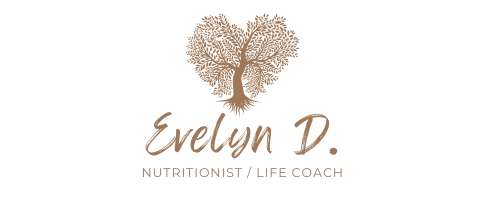
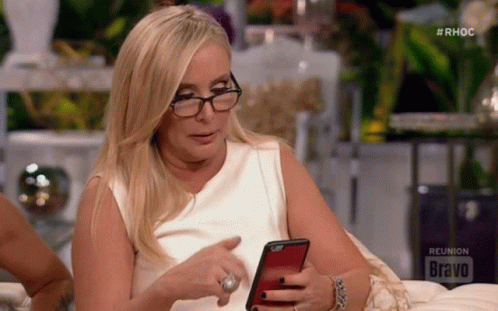

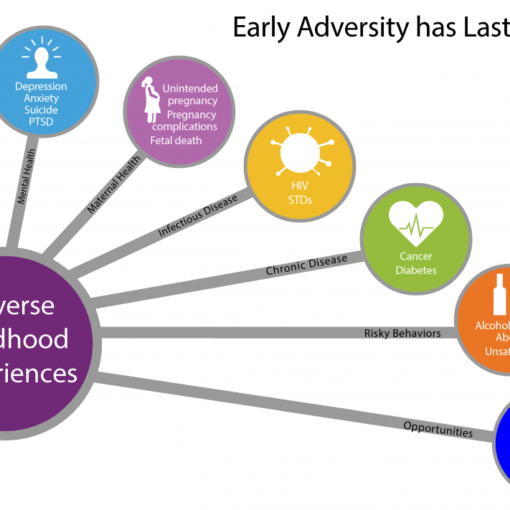
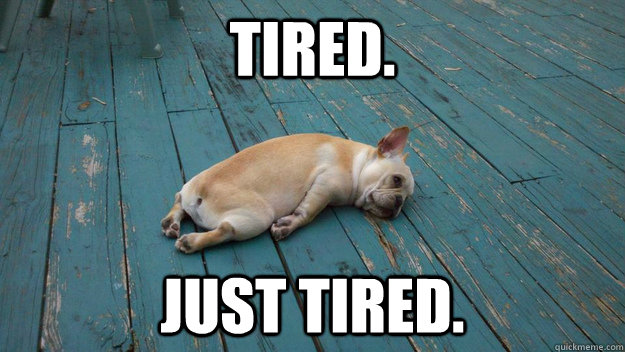
3 thoughts on “Do You Drink Too Much?”
Wow! this post hit home big time. I held back tears while reading it. All the reasons you have shared resonates with me 100++% I mostly drink to deal with my anxiety but it has been out of control for the past year or so now. I’ve even sought help from my physician and was put on a medication to help with the cravings. It helped at first…but now I’m loosing control again. I want to train my mind. Eating well comes easy to me but the wine UGH! I’ve been on Keto since the beginning of 2018. Love how I feel and the weight I’ve lost but once I get a good momentum I sabotage it with my love for wine… I want to have control of the situation. I am AWARE but in denial at the same time. I want to enjoy a glass here and there and not wake up feeling disgusted with myself. I want to end those sleepless nights tossing and turning feeling crappy. How did hypnosis work for you? I welcome any feedback good or bad. Thank you for posting and listening.
Hi Cynthia – I’m so glad this hit home. You are so not alone and thankfully there are so many tools out there. I liked hypnosis. I think it “wore off” though and if I really look back, it was more of my mindset that “worked” at the time. I was using distraction and restriction to manage my intake. I wasn’t really going deep enough into facing my discomfort and patterns.
In this part of my journey, reading the books I mention and listening to the author’s podcasts have been bringing me more and more to that honest self awareness. The stories I tell myself about how having drinks will make things better when they really don’t is mind blowing for me! I actually feel much more empowered than I did after hypnosis. It would be interesting to apply hypnosis to what I’m doing now for even more enforcement.
My next few posts are getting into the SANER framework in depth, so stay tuned and let me know how you’re doing.
xo,
Ev
I can’t wait to read them! Thanks Ev!